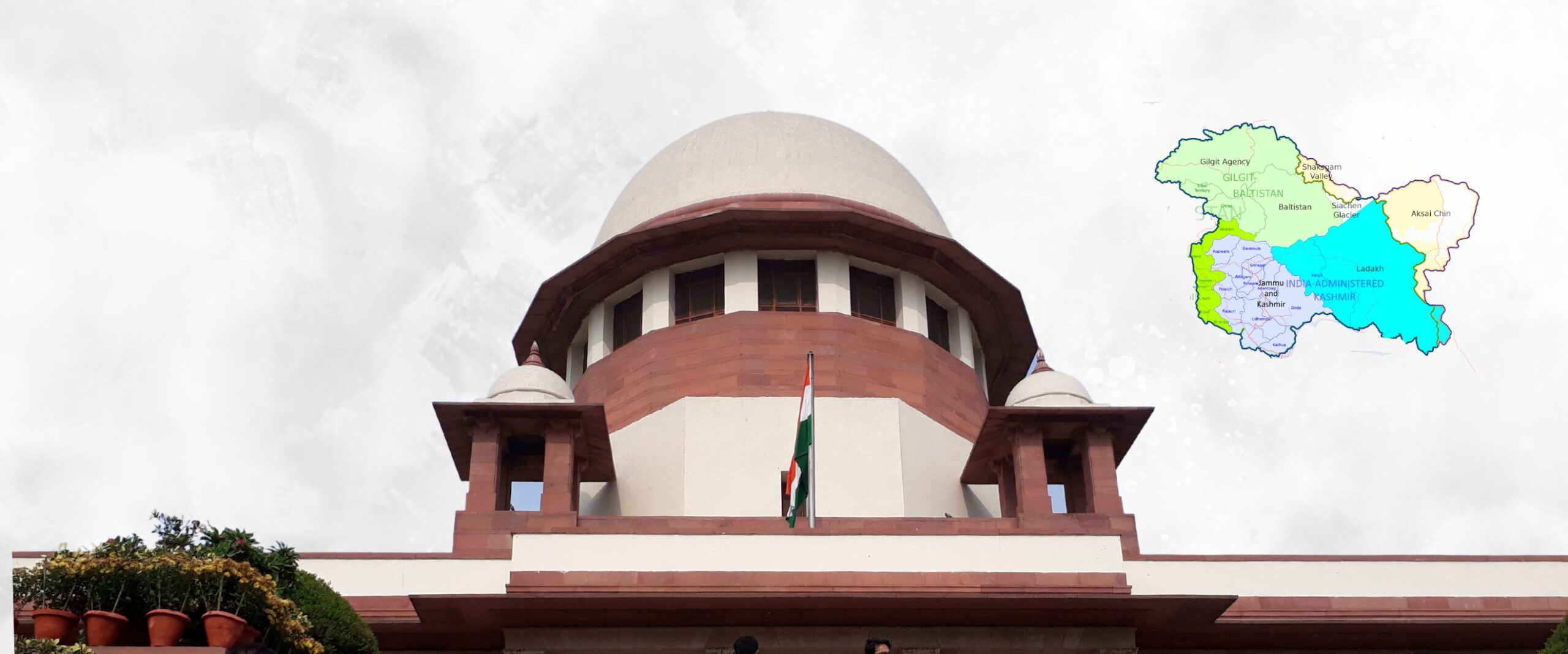
6 ANTI DEFECTION LAW
The politics of defection has been one of the conspicuous feature of the Indian politics since 1967 (4th General Elections)
The Parliament in 1985, by the 52nd Constitutional Amendment, sought to check his tendency.
The act is negatively worded and provides for the disqualification of a legislator.
According to the act, following are the grounds for the disqualification of a legislator.
If a legislator voluntarily resigns from the political party on whose ticket he/she was elected.
If a legislator votes against the whip issued by the President of the political party to which he/she belongs, or abstains from voting contrary to any direction issued by his/her parent party, without obtaining prior permission of the political party, and if such voting or abstention is not condoned by the party within 15 days of the occurrence of the voting. The Supreme Court in a judgement in 1992 restricted the scope of whip only in the cases of the confidence and the No Confidence motions, money bills and vote of thanks to the President's address. This means that a legislator has the right to vote against the whip in other cases because according to the Supreme Court, a legislator has the right to political dissent.
If an independent member joins any political party.
If a nominated Member of the legislature joins a political party after 6 months of his nomination. This means, if he/she does the same before this specified period, he shall not be disqualified.
If, in this case of split in the party, the splinter group has members less than one third of the parent party.
If, in the case of merger, the same is not endorsed by the two third members of the party, which wants to merge itself.
However, the officers of the Union and the State Legislature - the speaker of the Dy. Speaker of the Lok Sabha, the Dy. Chairman of the Rajya Sabha, the speaker and the Dy. Speaker of the Vidhan Sabha and the Chairman of the Vidhan Parishad - shall not be disqualified under the Act, if they rejoin their political party (parties) after they cease to hold such offices.
Also according to the act, any decision regarding the defection issue shall be made by the Chairman or the Speaker as the case may be; such decisions shall be the final.
The court shall have no right to inquire into this, the supreme court in a decision by the constitutional bench in Nov 1991, upheld that such a clause takes away its exclusive right of Judicial Review which is a basic structure of the constitution. Thus the decision of the chairman or the speaker as the case may be, is final, subject to judicial review of the court.
Causes of the Failure :-
There is no justification for a nominated member joining a political party within six months.
The law does not clearly say in what manner the principle of 1/3rd for split or of 2/3rd in case of merger shall operate. The loops and holes remain in the act and hence what cannot be done by a large group can be done after the split.
The law does not define whether the defection is a one-time affair or a continuous one.
The law does not cover an event when a political party deliberately dismisses some of its members of the legislature to deny them the split of the political party under this act.
The speaker has the sole right to decide on this and hence political colouring of the issue is possible.
97th Amendment Bill 2003 :-
A Parliamentary committee has pointed out the loopholes in the constitution (97th Amendment) bill 2003. The standing committee is of the opinion that stripping defectors of their membership of the house and preventing them from being appointed as a minister, or to any other remunerative political post is not sufficient. These provisions were not enough because they do not make winning an election mandatory for a defector to be appointed as a minister or to a political cost.
The committee was of the view that the size of a council of Ministers including the Chief Minister in a state should be 15% of the total members of the legislative assembly and the minimum number of Ministers in the smaller states should be 12 instead of seven as provided in the bill.
The growing defecting is a massive violation of the people's mandate. The 52nd Amendment, 1985 introduced the 10th schedule in the constitution. The main purpose is to prevent betrayal of people.
